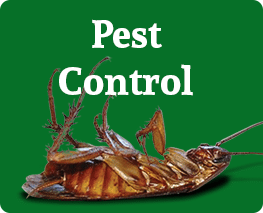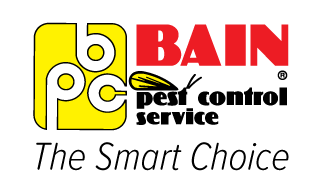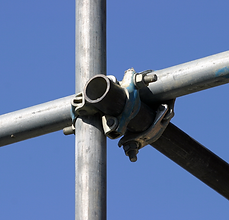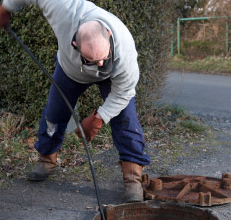
The beginning of the pest management of this passage interprets how morality pest surveillance exercises contribute to lessening the effect of control farming pests and infections in the atmosphere. It includes preliminary evidence on the connection between pest surveillance and the atmosphere. It furthermore includes evidence on atmosphere suspicions, constitution, and effective surveillance procedures associated with pest supervision and pesticides. Pest Control Bromley

can regulate the infection. Pest surveillance and their surroundings, pests, or insects are a continual danger to the financial creation of food products and creatures like animals and birds. They can furthermore affect the nutrition insurance and lessen realistic biodiversity. The reasonable execution of IPM. IPM denotes Integrated Pest Management. An IPM method assists to conserve the atmosphere from the probable hostile consequences of infections and also pest management. Integrated Pest Management or an IPM, is a ruling preparation procedure for controlling the pest and the infection. This is the process for contributing to the beneficial, reasonable, and environmentally practical suppression of those pests for harvest coping products and livestock creation. IPM integrates various techniques to attain control of the pest, for instance, crop process, crop mixture choice, ground or soil modifications, pesticides, duration of farming and production, and so on. Noxious weeding or noxious weeds are commonly non-aboriginal grains that occurred in British Columbia, not including the insect harpies and grain pathogens that generally protect those crops in inspection in their aboriginal environments. For this justification and their contentious development, then the alien grains will be a lot devastating, active, and risky to supervision. Noxious weeds, among the prime reasons for the failure of realistic assortment in the atmosphere. Pesticides have many aspects of chemical elements that are organic and artificial which are employed to destroy, supervise, or control pests and infections. Insecticides or infections, fungicides, herbicides, miticides, rodenticides, and improvement of the plants and grains controllers are several varieties of pesticides. These pesticides are elements of chemicals formulated to conserve harvests, plants, grains, soil conservation, crops, and creatures like animals and birds from infections and pests that may imply hazards to the atmosphere. Those pesticides are governed to underestimate recognized and probable threats through the specified depository, procedure, application, and removal methods. These pests are microorganisms that have unpleasant consequences on farming proceeds and encompass slugs, fungus, mites, viruses, bacteria, insects, weeds, rodents, birds, nematodes, wildlife, forest plants, trees, and wild animals. They can happen generally or be inaugurated from different sectors. Intrusive pests and infections not just present a danger to products and livestock yet furthermore endanger aboriginal biodiversity through striving with regional people for nutrition and neighbourhood. Several of the infections and pests influencing sophisticated and aboriginal grains presence have occurred inadvertently inducted into the region. In the scarcity of biological supervision, some pests have to evolve and have broadened their spectrum as the atmosphere and like available for the legion seeds and plants warrants. Major environmental interests associated with pests occur, scarcity of restraint of the infections and pests that findings in failure of the natural biodiversity and biological purposes of species by the intrusive disorders, germs, and also weed infestations, the inappropriate option of pest supervision techniques that arise in soil deterioration, water deterioration, air deterioration, or effects to non-victim organisms.



